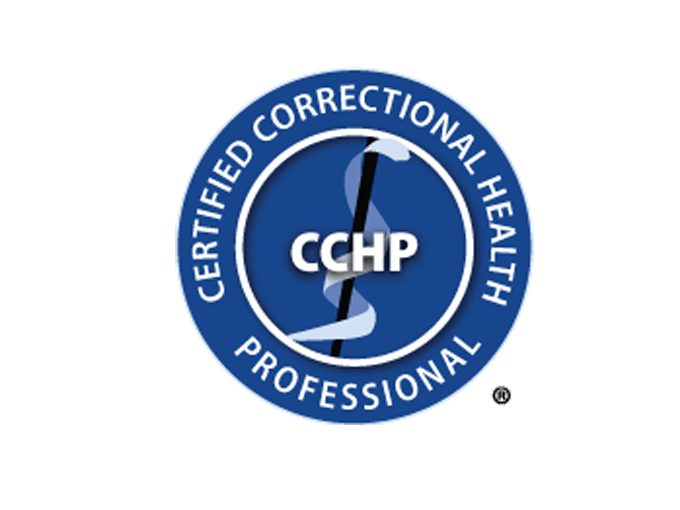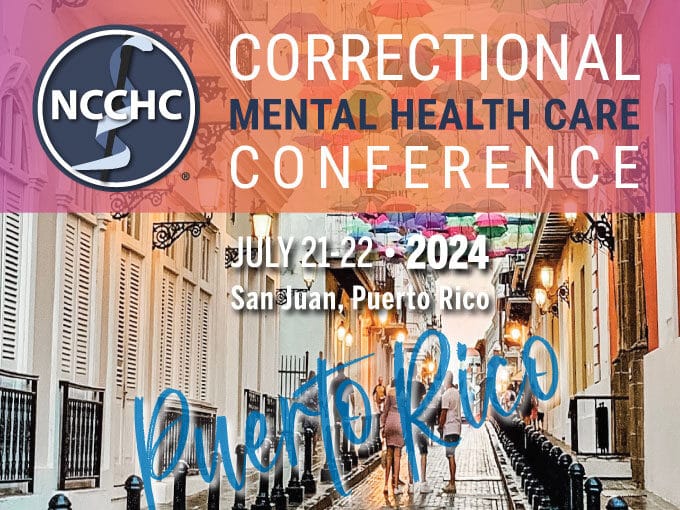
Standards Q&A: 75% Custody Health Training Requirement
Does the 75% requirement refer to all custody staff or only those working during
Home Moving from “What’s Wrong with Them?” to “What Happened to Them?”
 Aug 22, 2022
Aug 22, 2022As vice-chair of the NCCHC Juvenile Health Committee, I am very pleased to report that the NCCHC Governance Board recently adopted a new position statement on the topic of Trauma-Responsive Care for Youths in Correctional Facilities. The Juvenile Health Committee, composed of multidisciplinary correctional professionals from different settings around the country, recently identified that issue as one with a significant impact on the physical and emotional health and well-being of our young patients. For corrections administrators, staff, and health professionals, trauma-responsive care is one of the most critical services we can provide to help youth who have been incarcerated restore their resilience.
Many adolescents in custody have experienced trauma – community violence, domestic violence, violent victimization, neglect, sexual and emotional abuse, and traumatic loss. As a result, many are at severely increased risk of developing Post-Traumatic Stress Disorder and other complications such as emotional, behavioral, and cognitive problems. The consequences of trauma in this population are severe, having been linked to academic failure, substance use disorders, juvenile recidivism, adult criminal justice system involvement, and even violent crime and suicidal behavior.
Trauma-Responsive Care, Defined
Trauma-informed care is “a strength-based framework that is grounded in an understanding of and responsiveness to the impact of trauma: emphasizes physical, psychological, and emotional safety for both providers and survivors; and creates opportunities for survivors to build a sense of control and empowerment,” as defined by Heather Forkey, MD, Jessica Griffin, PsyD, and Moira Szilagyi, MD, PhD, in “Childhood Trauma and Resilience: A Practical Guide” published by the American Academy of Pediatrics. Trauma-informed systems provide a framework that has been shown to contribute to improved client outcomes and decreased staff burnout in various settings.
Trauma-responsive care takes trauma-informed care a step further, as TIC can fall short in terms of actionable change. Trauma-responsive care involves an organizational commitment in the form of concrete policy and procedure changes; it has emerged as the most beneficial framework for treating traumatized individuals.
Trauma-responsive care builds upon the guiding principles of the trauma-informed approach and consists of five core values: safety, trustworthiness, choice, collaboration, and empowerment. The embodiment of these values shifts the paradigm from “What is wrong with them?” to “What happened to them?” creating an environment aimed at rehabilitation rather than punishment.
Per the new position statement, all correctional facilities and auxiliary entities serving youth should adopt a comprehensive approach to developing and maintaining a trauma-responsive care model that includes actions such as incorporating “universal precautions,” which acknowledges the inherent trauma of incarceration added to the stress of surviving trauma prior to incarceration. Facilities should also form Guide Teams of trauma experts, including residents from a target population, to lead and instruct staff, administrators, and health care providers on trauma-responsive care. Further, all employees of the juvenile correctional facility should be provided with the educational resources and mentors needed to help navigate a trauma-responsive approach. This includes a facility-wide cultural emphasis on employee self-care activities to combat compassion fatigue and burnout. Adopting a trauma-responsive approach also involves cultural and policy shifts that support a therapeutic environment. This may mean redesigning the facility setting to eliminate negative or threatening language and providing a calming and comfortable milieu.
With increased awareness of the effects of stress, adversity, and trauma on an adolescent’s mental and physical health, we must consider what this means in correctional settings. A multifaceted trauma responsive approach is a critical evidence-based approach to addressing the impact of trauma for the youth in our care.
One of the aspects of adolescent care I relish most is the ability to make a positive impact on the youth we serve through our words and actions. Learning the skills of trauma-responsive approaches to care helps us to help them – and isn’t that what it’s all about?
Read the position statement in its entirety. Read all NCCHC’s position statements.
Jennifer Clifton, DNP, FNP-BC, CCHP-A, is an associate professor and interim associate dean at the University of Utah College of Nursing.


